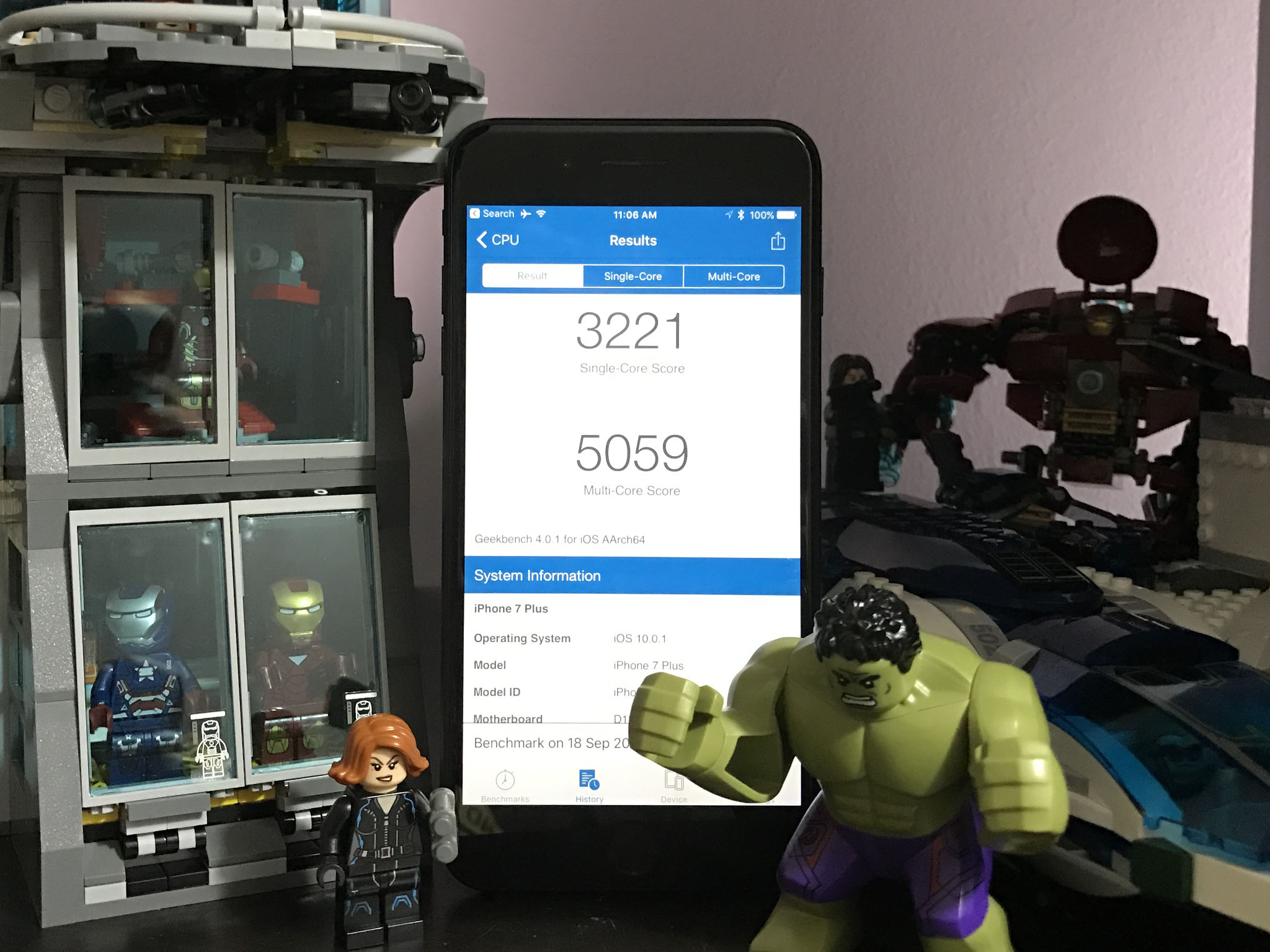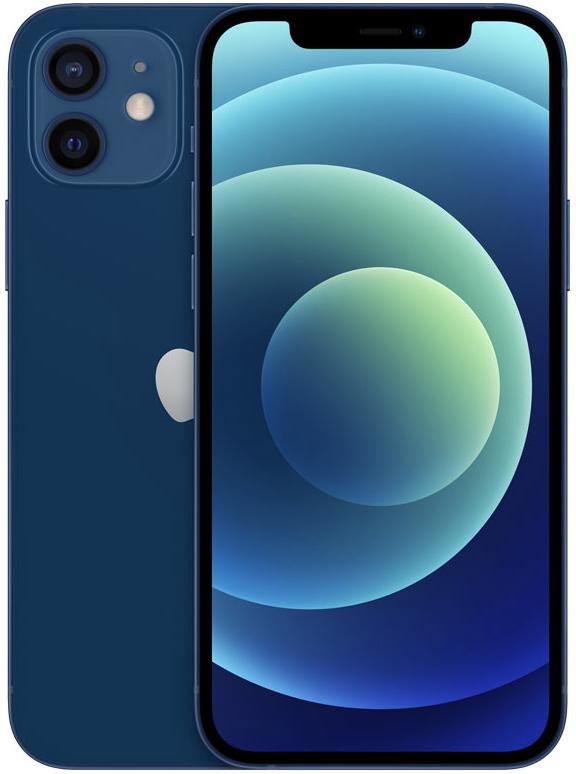A10, 'Hurricane' cores, and iPhone 7's industry leading performance

iMore offers spot-on advice and guidance from our team of experts, with decades of Apple device experience to lean on. Learn more with iMore!
You are now subscribed
Your newsletter sign-up was successful
I've been saying for a few years now just how impressive Johny Sjrouji's hardware technologies team at Apple is, but it's still something that gets lost in the spec comparison charts cut-and-pasted across the shallower parts of the internet. For anyone who really knows silicon, though, what Apple's doing with iPhone 7, the A10 Fusion chipset is beyond exciting. That doesn't just include the new "Hurricane" high-performance cores, but the entire package.
When it comes to performance, the iPhone 7 and 7 Plus are industry-leading. It's common to see people claiming that the iPhone has "less specs" than the competition, but it's simply not the case and hasn't been for a few generations now. The A10 Fusion's Hurricane CPU core is ahead of literally everything else when looking at single threaded performance, and to the extent that two of these CPU cores is enough to remain competitive in multithreaded performance against quad core CPUs used in other SoCs. GPU performance is almost on par with the A9X used in the iPad Pro 9.7 in some cases which is a testament to the systems development team at Apple considering that the system TDP of a 10" tablet is on the order of about 5 watts while a 5" smartphone is closer to 2-3 watts. The fast flash memory at this point is nothing new but still impressive and helps to make the phone feel fast.What makes the performance of the iPhone 7 and 7 Plus even more impressive is how that performance doesn't compromise battery life. The iPhone 7 Plus manages to be competitive with devices that have batteries 25% larger while handily outperforming them. The iPhone 7 actually manages to pull ahead of the Android competition by a significant margin which is quite a feat considering how it's one of the last smartphones on the market that is actually usable in one hand.
Web is also interesting, according to Anandtech
While it might seem reasonable to attribute the superior web performance of iOS devices to Apple's focus on improving single threaded CPU performance, the fact that Android devices with Cortex A72 CPUs are only matching Apple's A8 SoC shows that the gap is not only due to the CPU power available. Chrome's generally poor performance on Android is a significant limiting factor, and you can see in the chart how the improvement in Android device CPU performance over time has not translated into anything close to the sorts of gains that Apple has seen in the same period. While there are customized versions of Chromium like Snapdragon Browser that provide optimizations for a class of SoCs, it doesn't look like the gap between Android devices running Chrome and iOS devices running Mobile Safari is going to close any time soon, and if anything, it's only widening with each year.
The whole review is well worth a read.
iMore offers spot-on advice and guidance from our team of experts, with decades of Apple device experience to lean on. Learn more with iMore!

Rene Ritchie is one of the most respected Apple analysts in the business, reaching a combined audience of over 40 million readers a month. His YouTube channel, Vector, has over 90 thousand subscribers and 14 million views and his podcasts, including Debug, have been downloaded over 20 million times. He also regularly co-hosts MacBreak Weekly for the TWiT network and co-hosted CES Live! and Talk Mobile. Based in Montreal, Rene is a former director of product marketing, web developer, and graphic designer. He's authored several books and appeared on numerous television and radio segments to discuss Apple and the technology industry. When not working, he likes to cook, grapple, and spend time with his friends and family.

